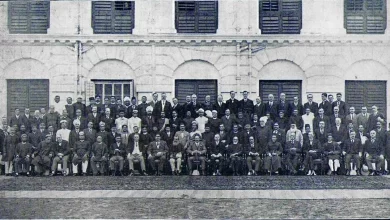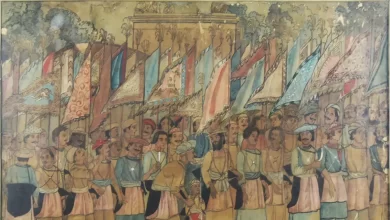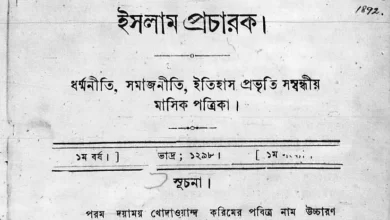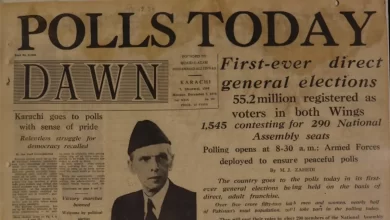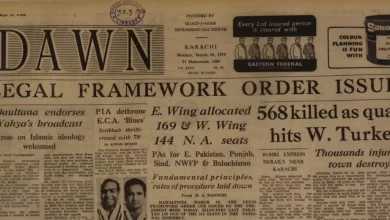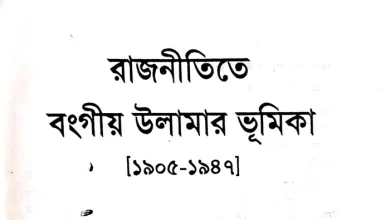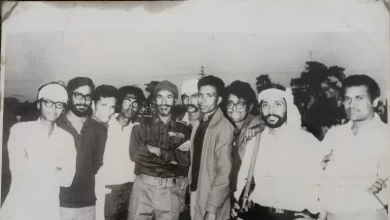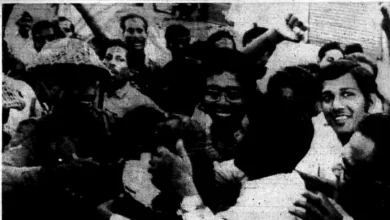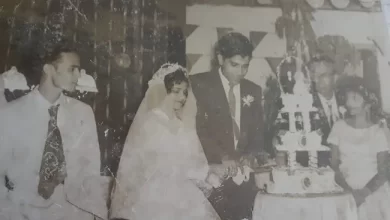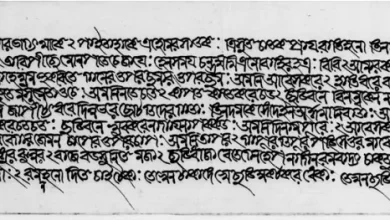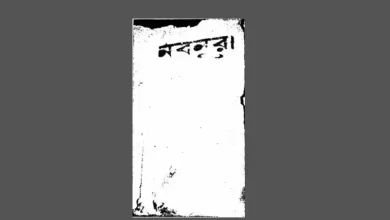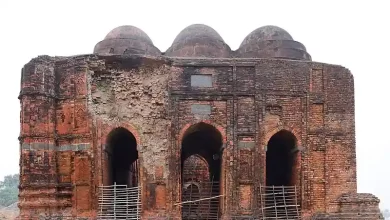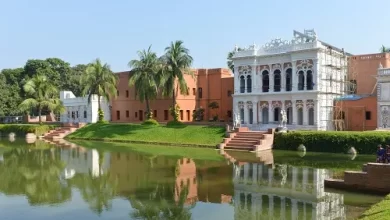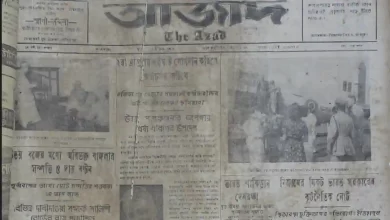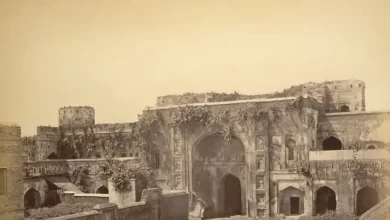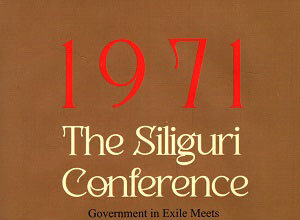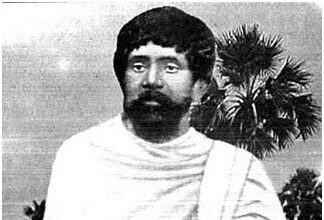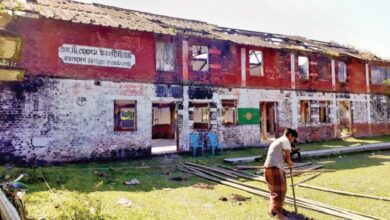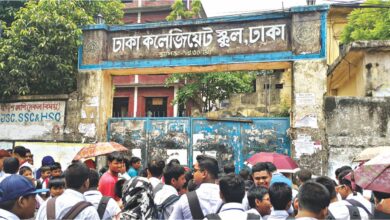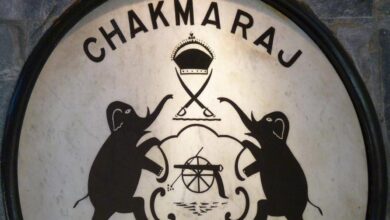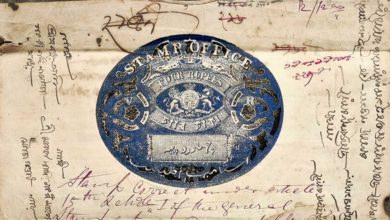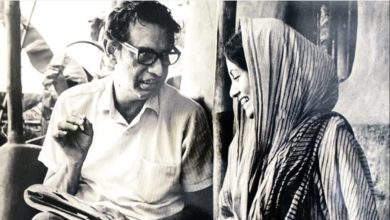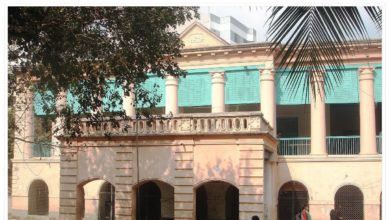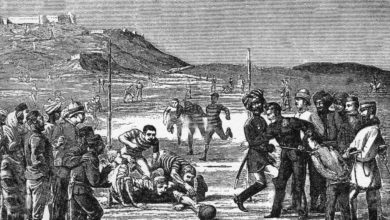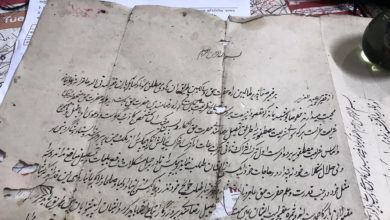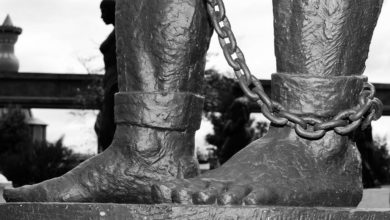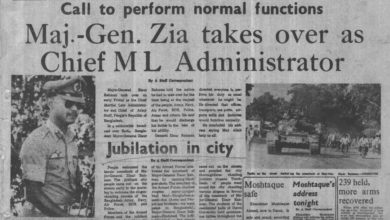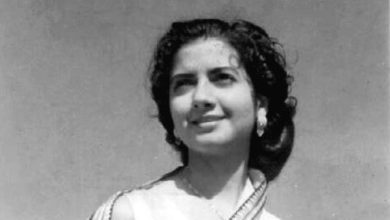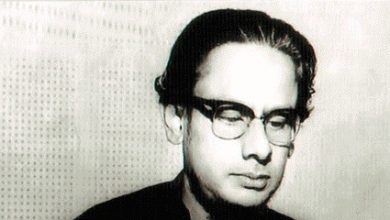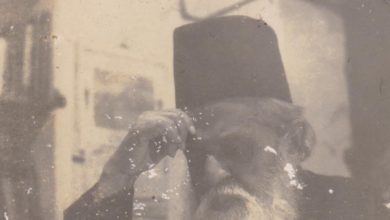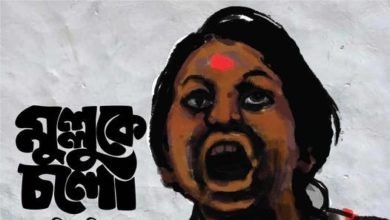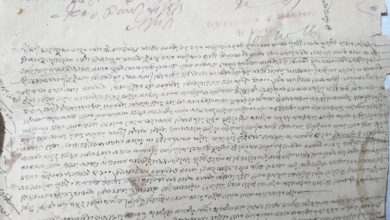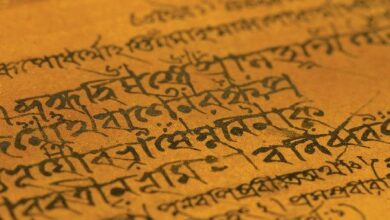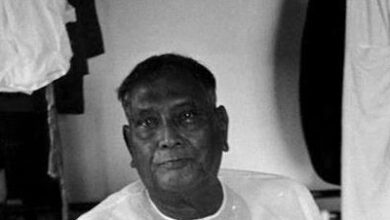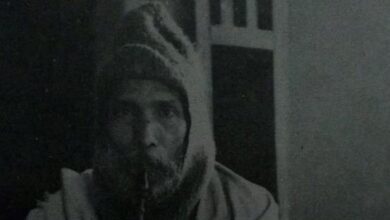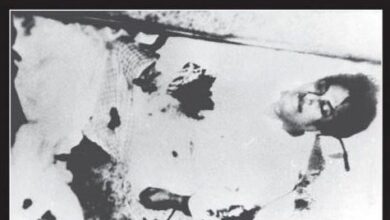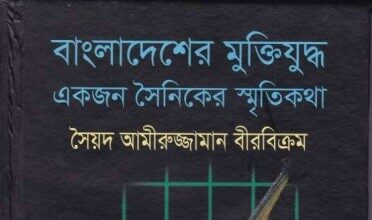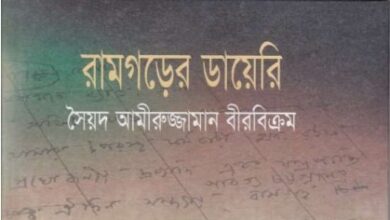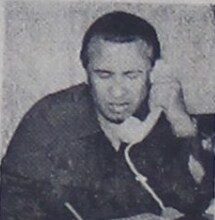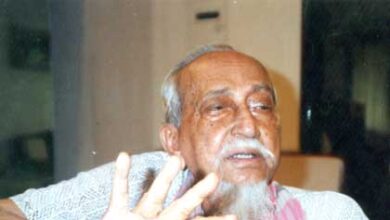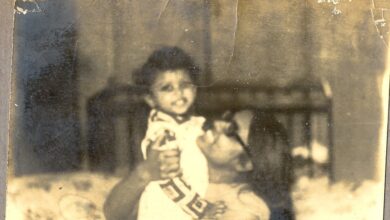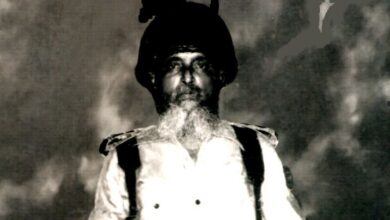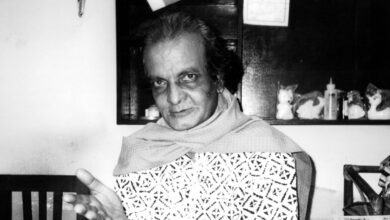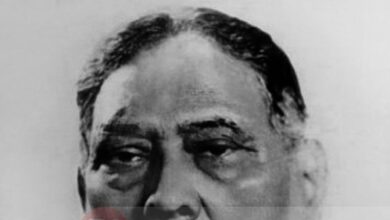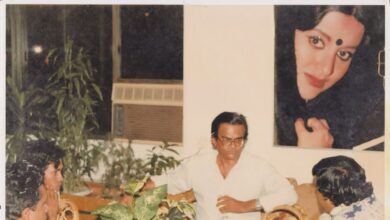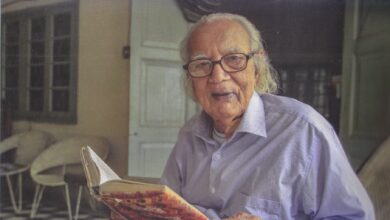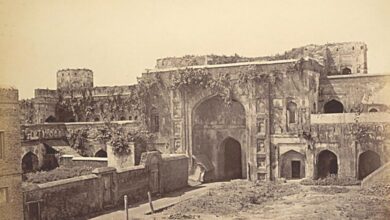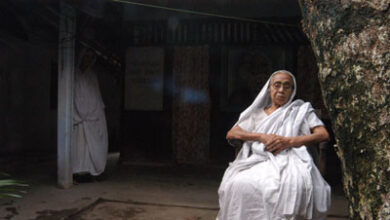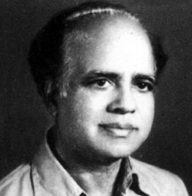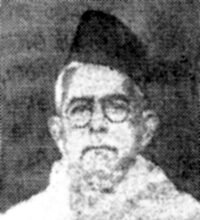The East Bengal Memorial to the Secretary of State (July, 1905)
The following memorial over the signature of about 70,000 people of East Bengal was sent to the Secretary of State for India in Council in July, 1905
“To The Right Hon’ble William St. John Freemantle Brodrick, P. C., M. P., His Majesty’s Secretary of State for India in Council.
“The humble memorial of the people of East Bengal in the Province of Bengal, East Indies
“Most Respectfully Sheweth:
“That your humble memorialists, who represent the landed and other interests in the Districts of Dacca, Mymensing, Backergunj and Faridpore, commonly known as East Bengal, beg leave to approach you with the following representation on the question of the proposed Partition of Bengal which is now, as they understand, under the consideration of Your Right Honourable Self in Council and which has been agitating the public mind in this country since December, 1903.
“That the question of the Partition of Bengal, as originally formulated in Mr. Risley’s letter of December, 1903, has been discussed almost threadbare both in the Press as well as by the public in this country, and your memorialists do not desire to trespass upon your time and attention by recapitulating the various important points raised in that discussion.
Suffice it to mention that so intense and so universal was the feeling roused by this revolutionary proposal that no less than five hundred protest meetings were held in East Bengal alone within a period of two months from the publication of that memorable document.
No other proposal has since been officially put forward; but it will be remembered that, when in March following the Viceroy personally went to Dacca and Mymensing, an alternative scheme was vaguely suggested by His Excellency for forming a separate Lieutenant Governorship with the whole of East Bengal and Assam amalgamated into an independent Province. To this the public opposition was also none the less pronounced. In fact, the Viceroy’s utterances at those places, instead of allaying served only to heighten and intensify the anxiety and alarm which Mr. Risley’s proposals had caused; and the hurricane of opposition, which had been so long confined to East Bengal, at last found its centre in the metropolis of the Empire. On the 18th March, 1904, a monster public meeting was convened by the Sheriff of Calcutta where East and West Bengal joined hands and sent their united protest to the Government of India. A copy of the memorial, adopted at the meeting, is annexed to the present memorial for convenient reference. No public announcement of any sort or kind was made in reply to that memorial; but the people rightly or wrongly indulged in the belief that the Government, ever so generously wedded to a policy of conciliation, had, out of consideration for such a phenomenal outburst of public opinion, either abandoned the proposal altogether, or that, if it at all entertained any serious intention of formulating any fresh scheme, it had decided that it could not consistently with its past traditions undertake such a measure without giving to those who would be affected by it an opportunity to express their views on the subject.
“That in the month of November 1904, the public were, however, no less alarmed than surprised by an announcement in the columns of the Pioneer, a semi-official Anglo-Indian journal, to the effect that not only was the Partition question not dropped but that it was practically settled to divide Bengal by cutting off not simply the whole of the East Bengal but also North Bengal, including the Districts of Rajshahi, Rungpore, Dinajpore, Jalpaiguri, Malda, Bogra and Pabna and forming this vast area into a separate Lieutenant-Governorship. Beyond this announcement, in general terms, no definite plan or idea of this scheme was furnished; and your memorialists regret to be obliged to add that the public in this country have been kept completely in the dark by Government as to its final intentions and recommendations in this connection, ever since the first agitation that followed upon the publication of Mr. Risley’s letter. Questions were repeatedly asked, both in the Local as well as in the Supreme Council, with a view to obtain precise information on the subject; but the only answers vouchsafed by either of the two Governments were contained in certain evasive, enigmatical replies which not only declined to furnish any information but served rather to mystify the situation and aggravate the alarm and anxiety from which the people have been so long suffering.
“That in this state of doubt and uncertainty the question was submitted to the judgment of the entire country at the last Session of the Indian National Congress which was held in Bombay in December, 1905. The Congress unanimously adopted a resolution opposing the scheme of partition and charged its President to personally present the said resolution, together with the other resolutions passed, to the Viceroy but to the disappointment of the public His Excellency declined to accept them.
“That thereupon the people of East and West Bengal again met at the Calcutta Town Hall at a large gathering of influential representative men from different parts of the Province under the presidency of Sir Henry Cotton. This meeting which was held in January, 1905, besides repeating the protest, made at all previous meetings held on the subject, earnestly prayed that if any fresh scheme had been devised, the Government would be pleased to lay it before the public, before submitting it to His Majesty’s Secretary of State for sanction. Your memorialists regret that even this legitimate prayer of the people had remained altogether unheeded.
“That your memorialists have now been startled by a further report that the matter has already been submitted to Your Right Honourable Self for final decision. If the report has any foundation in truth, it is to be deeply deplored that His Excellency the Viceroy should have considered it at all advisable to do so while keeping the public concerned in utter ignorance of the nature and scope of his fresh proposals and without allowing those proposals to be considered on their merits either by the public or the Press in this country. It must be admitted that the various defects in the original scheme as proposed in Mr. Risley’s letter had been successfully pointed out, and it is reasonable to assume that if similar opportunities were given to the public they might have pointed out similar defects in the much wider scheme which is now said to be under the consideration of Your Right Honourable Self in Council.
“That your memorialists beg to submit that the question is neither one of mere redistribution of territory nor of administrative convenience. It involves much graver issues, viz., the social, political and intellectual advancement as well as the material prosperity of a growing community.
The Bengalees are a compact people, speaking a common language, observing the same manners and customs, inspired by a common sentiment and possessing and cherishing the same institutions. Intermarriage and intercommunication have fused them into a homogeneous community, while their closer touch with the metropolis of the Empire with its powerful Press and its strong, healthy public opinion has always kept them on a level much above the backward races in the Empire.
Their laws are too technical, their Government too impersonal and their institutions far too advanced to admit of their incorporation with less advanced communities. Your memorialists submit that the division of such a people into separate units and the disruption of their historical, social and linguistic ties would not only seriously interfere with their future intellectual and material development but also vitally affect the political rights and privileges which they have acquired during a period of over one hundred years and which, until now, it has always been the traditional policy of the British Government in India to foster and to stimulate.
“That the wider scheme of Partition, involving the establishment of a separate Lieutenant-Governorship, does not commend itself to public opinion, as it is not free from some of the strongest objections raised against the original proposal, and is, moreover, beset with grave financial difficulties which have never been publicly considered by the Government of India. The cost of such a project, initial and permanent, would seriously add to the heavy burdens of an already overburdened population and in every direction hamper the progress of a growing community.
“That if the administration of Bengal has really proved too heavy, various remedies have been suggested, such as the conversion of the Lieutenant-Governorship into a Governorship with an Executive Council like that of Bombay and Madras or the separation of Orissa and Chota Nagpore and their amalgamation with the Central Provinces or their formation into a separate Chief Commissionership. Any of these suggestions, if admitted, would not only leave Bengal proper intact but might also prove acceptable to people who have little or nothing in common with the Bengalees in language, literature, manners and customs. It is very much to be regretted that while the Government of India seem deeply impressed with the idea of securing the integrity of the Oorya-speaking people who have demanded their recognition as a separate unit in the administration, it fails to recognize the evils of dismembering the more important Bengalee people.
“That your memorialists further beg to point out that North and East Bengal comprise an area of nearly 44,000 square miles. If this extensive territory, which is one of the finest and most important in the whole Province, be cut off from Bengal, the Government of Bengal, which contains the metropolis and is the most important satrapy in the Empire, will be reduced to a minor Administration and much of its importance and a considerable portion of its revenue will be lost. On the other hand, Orissa and Chota Nagpore might well be transferred to a separate Administration with considerable advantage to themselves and without much loss to the Bengal Administration.
“In conclusion, your memorialists beg to submit that a violent, retrograde proposal, which has been so strenuously and universally opposed by the people and which from its inception has been so unanimously condemned not only by the Indian but also by the Anglo-Indian Press, ought not to be forced upon an unwilling people, cherishing such strong sentiments upon the subject, and they accordingly pray that Your Right Honourable Self will be pleased either to veto any proposal that may have been submitted to you for the separation of the Dacca Division or any portion of North Bengal from the Provincial Government in Calcutta; or, should you be not so advised, to order the publication of all the papers relating to the scheme which is now under the consideration of Government, with a view to enable the public to offer their opinions on such fresh scheme before it is finally disposed of.
And your memorialists, as in duty bound, shall ever pray.”
